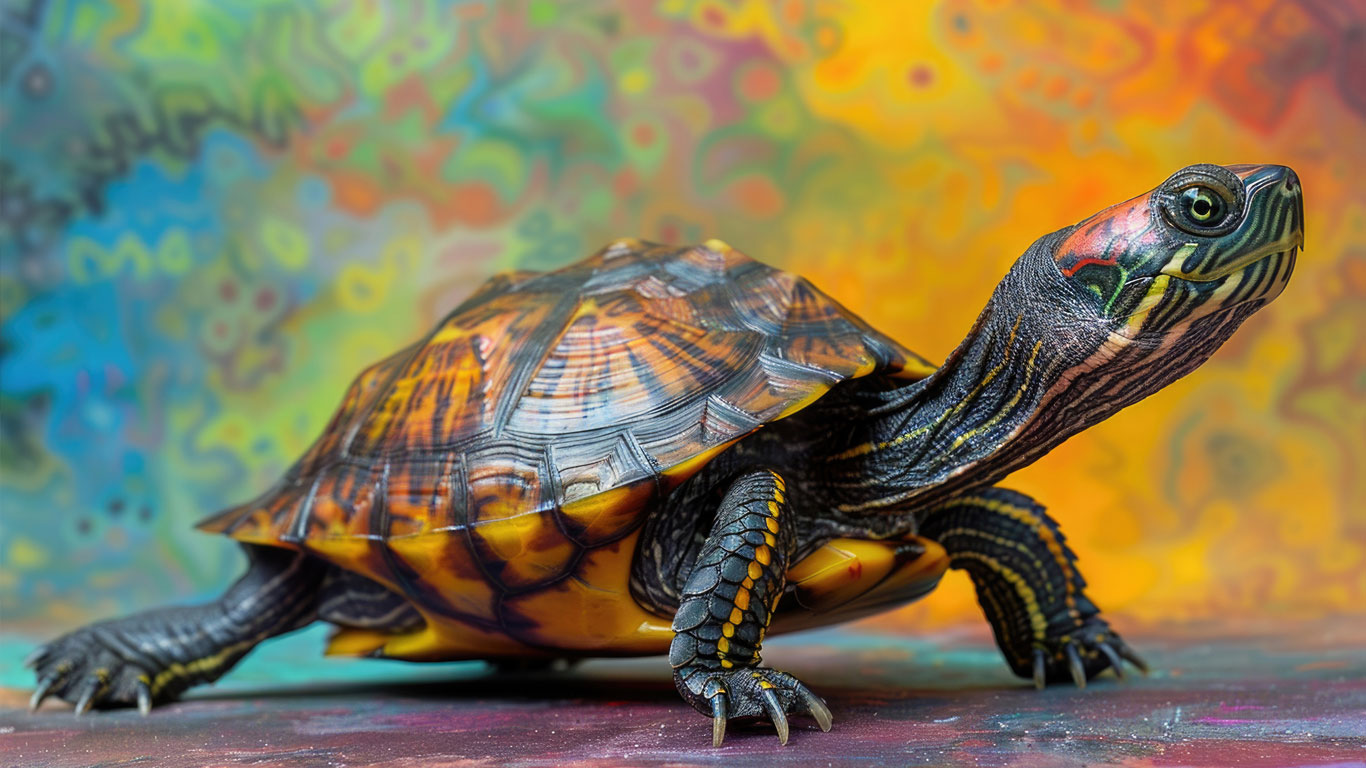Owning an exotic pet can be an exciting and rewarding experience, but it comes with unique challenges and responsibilities. Unlike traditional pets like cats and dogs, exotic animals such as reptiles, birds, and small mammals have specialized needs that must be met to ensure their health and well-being. This guide highlights essential care tips and considerations for these fascinating creatures.
Reptiles
Reptiles, including snakes, lizards, and turtles, are captivating pets but require specific environments and diets.
Housing: Reptiles need enclosures that mimic their natural habitats. This often means controlled temperature, humidity, and lighting. For example, bearded dragons need UVB lighting and a basking spot at 95-110°F, while leopard geckos thrive in temperatures between 75-85°F with a cooler hideout.
Diet: Reptile diets vary widely. Carnivorous reptiles like snakes may need a diet of rodents, while herbivorous reptiles like iguanas require fresh vegetables and fruits. Calcium and vitamin supplements are often necessary to prevent deficiencies.
Handling: Reptiles can be sensitive to handling. It’s essential to learn proper techniques to avoid stress or injury to the pet. Regular but gentle interaction can help them acclimate to human presence.
Birds
Birds such as parrots, canaries, and finches are intelligent and social animals that need mental stimulation and social interaction.
Housing: A spacious cage is crucial for birds to fly and move around. Cages should be cleaned regularly to prevent disease. Additionally, birds need time outside the cage to exercise and interact with their human companions.
Diet: A balanced diet for birds includes seeds, pellets, fruits, and vegetables. Avoid feeding birds avocado, chocolate, and caffeine, as these can be toxic. Fresh water should always be available.
Social Interaction: Birds thrive on social interaction. They require daily interaction and mental stimulation through toys, puzzles, and human interaction to prevent boredom and behavioral issues.
Small Mammals
Small mammals, including ferrets, guinea pigs, and rabbits, are charming and often more interactive than reptiles.
Housing: These pets need spacious cages with areas for sleeping, eating, and playing. Bedding should be changed regularly to maintain hygiene. For instance, guinea pigs need a cage with ample floor space and a soft, absorbent bedding material.
Diet: Diets vary but generally include a combination of high-quality pellets, fresh vegetables, and occasional fruits. Hay is a crucial component for rabbits and guinea pigs, aiding in digestion and dental health.
Exercise and Enrichment: Small mammals require regular exercise and mental stimulation. Providing tunnels, chew toys, and opportunities for supervised playtime outside their cage can keep them active and healthy.
Common Challenges
- Veterinary Care: Finding a veterinarian experienced with exotic pets can be challenging. Regular check-ups are vital for early detection of health issues.
- Lifespan: Exotic pets often have long lifespans; parrots can live up to 80 years, and some reptiles can live for decades. Potential owners must be prepared for long-term commitments.
- Behavioral Issues: Exotic pets may develop behavioral problems if their needs are not met. Proper socialization, mental stimulation, and environmental enrichment are crucial.
Conclusion
Caring for exotic pets requires dedication and a willingness to learn about their specific needs. By providing appropriate housing, diet, and social interaction, you can ensure a healthy and fulfilling life for these unique animals. Always research thoroughly before acquiring an exotic pet to understand the responsibilities involved and ensure you can meet their needs.

